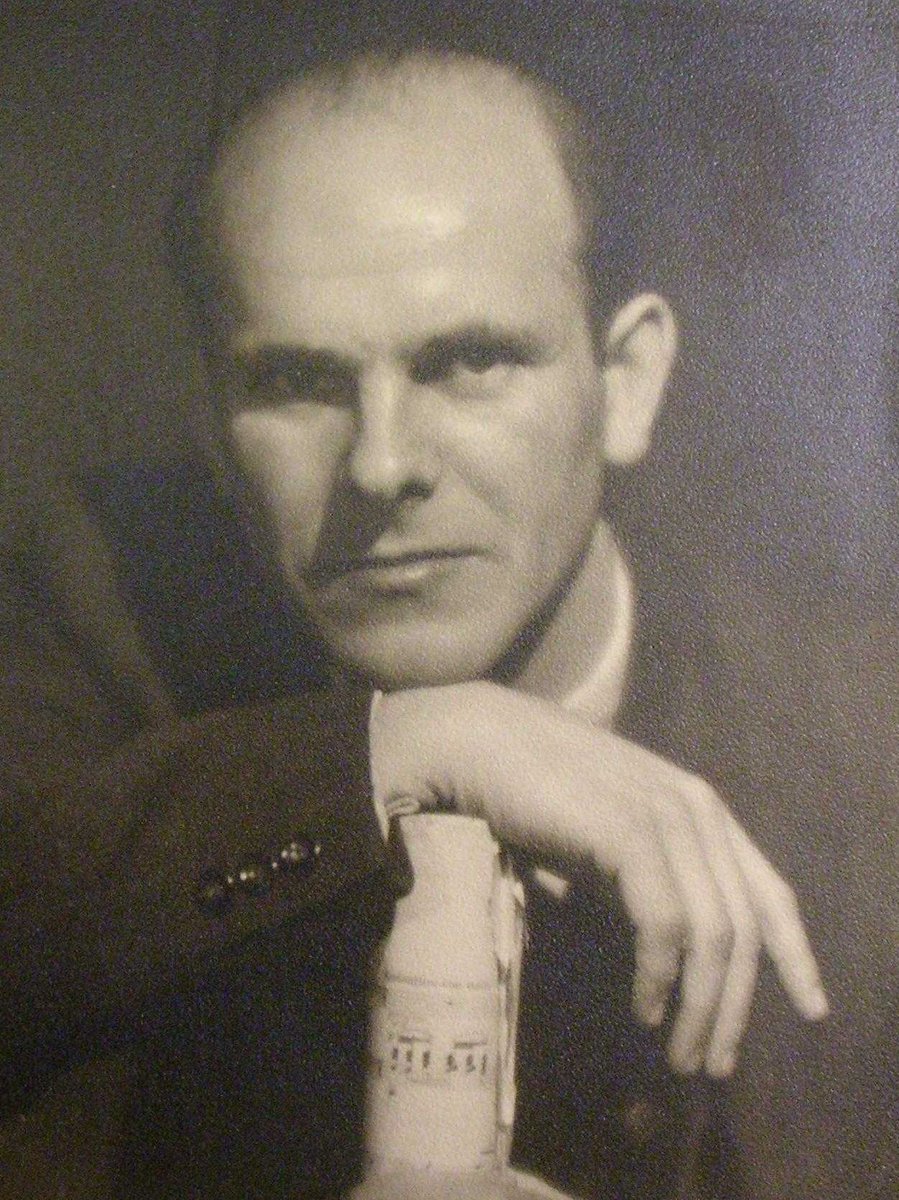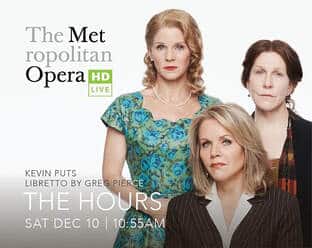Just in: Turmoil in Philly as orch chief quits
mainAlison Vulgamore has decided to leave the Philadelphia Orchestra at the end of 2017 after seven storm-tossed years.
Vulgamore, 59, arrived from the Atlanta Symphony and managed to stabilise the artistic side with Yannick Nézet-Séguin as music director.
But the orchestra kept losing money and there’s no easy fix for that.
Read Peter Dobrin here.






There is no sugar coating strong enough, so there is no need for one here.
Her departure is way overdue. From an long time subscriber’s perspective, POA has found enough imaginative ways to offend and alienate me under her “leadership” (if that’s what you wanna call it).
If it’s not because of Yannick and the outstanding music making by the musicians, I’d have not bother renewing my subscription since a few years ago.
Nevertheless, I hope the new leadership of POA will learn a few things from other well-managed great American orchestras.
I support this great orchestra wholeheartedly.
The Philadelphia Orchestra has been led by incompetent executives for many, many years. The fault lies squarely with the Board of Directors, who are responsible for all of these failed executive appointments. Before Alison Vulgamore there was Jim Undercoffler, an even bigger disaster, which only lasted a little more than a season. Before him there was Joe Kluger, who lasted nearly two decades but lost the support of the musicians long before that. In all of the cases, the Board either never reacted or reacted far too late. In the last two cases, it should have been obvious that neither were the right fit to lead the PO at that particular time yet, in spite of many warnings and many obvious signs, the Board hired these people on million dollar contracts. How long can such things go on, especially while using public funds and donor’s generosity? The entire PO Board should be dissolved and younger, less locally provincial individuals should be found prior to any search for a successor to Ms. Vulgamore. Otherwise, I fear that more of the same will be in store for the PO. They deserve better!
Peter Dobrin’s article puts a different spin on this than does the above blog entry. All American orchestras ‘lose money’ before contributions, I don’t know if they have been running deficits after contributions since the emergence from bankruptcy but that information is not given here. The article states that the endowment, much too small for an institution of this quality, is increasing in size, though not as quickly as one might want. I don’t live in Philadelphia, but I attend about a half a dozen concerts a season. In the last several seasons I have noticed a sense of occasion at every concert, and many fewer seats than in the past. Some relatively inexpensive tinkering resulted in a hall that is far better acoustically than it was when it opened; though not great, it is an honest acoustic, infinitely more appealing than David Geffen Hall ninety miles up the road, Perhaps what counts is that the music director, who is currently in demand everywhere, has agreed to commit himself to this great orchestra for many years into the future.
This is something that I could have written myself… Thank you for saving the time for me!
I would not usually speak out this strongly, but Vulgamore has been disastrous for orchestras. I knew her as an administrative intern when I was a regular NYP oboe substitute in the 1980s. And here is where her arrogance comes in. I reported this, once I was also a journalist, in the NY Times in 2004: “Allison Vulgamore, the president of the Atlanta Symphony, won a 64 percent raise between 1999 and 2002, while salaries for Atlanta’s players increased 11 percent.” She had her version of Sean Spicer, who was clearly quaking in his boots, call me to inform that I had made a grave mistake, that her salary increase was far less. As it turned out, she had calculated the percentage equation backwards, I was correct, and The Times stood behind me. She did not know how to calculate a simple percentage equation. And this is a person trusted to run a multimillion-dollar nonprofit into further deficit, vastly harming the lives of the people who “make the noise,” not to mention that it enabled her then-US$300K-plus income. Then she was rewarded with a similarly astronomically-paid gig in Philly, where she again brought the people who make the noise to their knees — people with families to support, leases and mortgages to pay, lights to keep on. The people who are the very reason the orchestra exists — not her bloated salary. There are a few truly gifted orchestra administrators in America and I think we all know who they are. She is not among them.
Better late than never.
That she had such a career at all is a complete mystery to me. I dealt with Ms. Vulgamore while she was at the NYPO, and she clearly lacked any political or negotiating skills. She was imperious, condescending, contentious and hostile — to the point where I had to go directly to her boss Nick Webster, who apologized for her behavior and completed the deal with me himself.
This is an industry in which incompetent people reliably fail upward.
This person’s damage has affected many a musician, including myself, having had to leave a tenured position in disgust due to her avoidance of dealing with legitimate grievances. And her later tenure in atlanta showed inhuman treatment of staff members.
It does seem to me that Philly is a tough town, financially. The days of the Main Line wealthy are long past, its school system that has been in financial crisis for years, and by most independent economic reports, the City of Philadelphia is not doing very well. Boston has a thriving economy, so does NY, Los Angeles, SF, and I gather that Cleveland survives partly on its Florida residency. While Chicago’s job growth isn’t great, the city has lots and lots of wealth to draw upon, including any number of foundations, a strong corporate base, etc.
It may just be that there just isn’t enough money in Philly anymore to support the orchestra the way it was once supported. The days of the Annenbergs, etc., and lots of Fortune 500 companies are pretty much over. It may just be a very rough ride in terms of future finances for what is a superb orchestra whomever is the chief executive. Philly looks more to me today and tomorrow like Newark than Boston, I am sorry to say. It also strikes me as somewhat odd that people are somehow finding all of the chief executives to be incompetent, going back 30 years. While I cannot deny it, I find it just a bit too simple and convenient an excuse.
The resignation of Alison Vulgamore will be an interesting test for the Board. I agree that they are solely responsible for the loss and damage that this woman has caused. If they just hire another inside name for the job, on a $1 million contract, that will signal the end and demise of The Philadelphia Orchestra, this time forever.
I sadly doubt that they are capable of putting in a person who is modern, an outside the box thinker and not a person just lusting for power, contributing nothing substantial to the Orchestra and taking whatever money they can and laughing all the way to the bank, as was the case with Ms. Vulgamore. They now have an opportunity, their last, to save The Philadelphia Orchestra. My bet is that it all comes apart in three to five years and The Philadelphia Orchestra will be shut down. Many insiders have been saying that for several years, especially after the Orchestra filed for bankruptcy on Ms. Vulgamore’s watch. Things are not getting easier, so stay tuned for perhaps one of the first great orchestras to be dissolved and disappear forever. I don’t like it either, but can’t see how they can stop this sinking ship.
Whoever hired AV should pack as well!
John Porter is wrong, there is tons of money, but no one will give. Philly has the lowest rate of giving. And why would they? The board members are historically incompetent. Why would a donor run things anyways? Having money to give doesn’t mean you know beans about running an orchestra.
Thank you, Blair.
Blame also goes to the programs that train these “arts administrators” so badly.